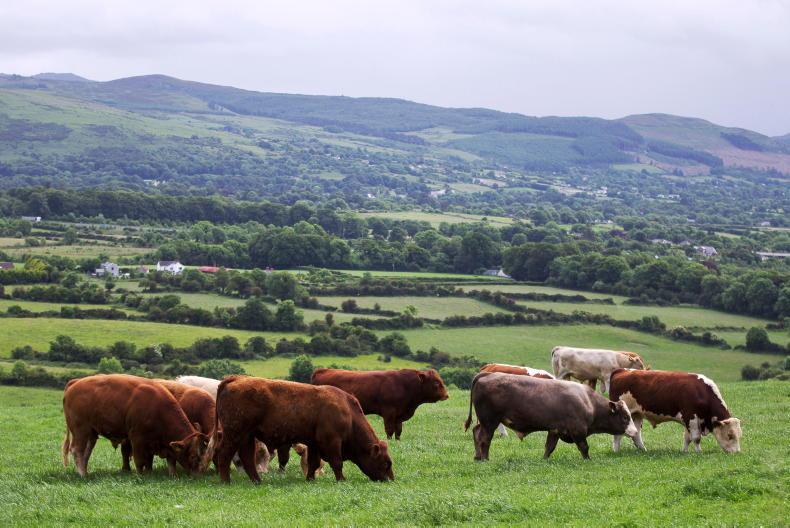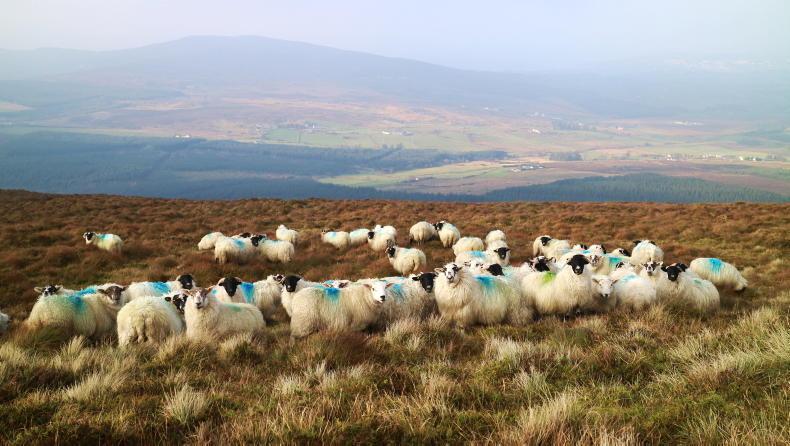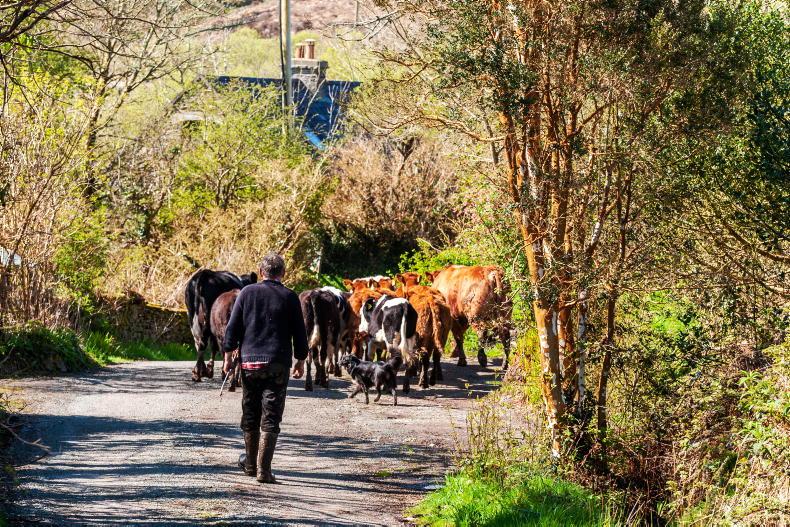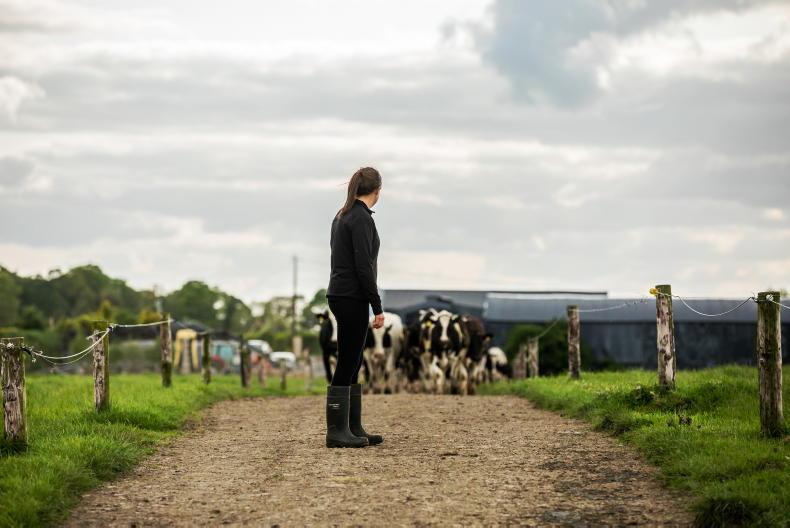Concerns around “armchair farmers” claiming direct payments despite not actively farming has catapulted the definition of a genuine farmer to the top of the CAP reform agenda.
While such a definition is important for a robust defence of CAP spending, there are hidden dangers.
The Department of Agriculture believes defining non-genuine farmers is “very unlikely to release funds for redistribution”. There are also concerns that some groups, such as part-time farmers, could be excluded.
Last year, there were 2,500 farmers leasing out all of their entitlements. These entitlements had a total value of €9.5m.
Some of these 100% leases are entitlements that are being transferred following the death of a farmer.
Previous Department analysis shows no clear age pattern among those individuals leasing out all their entitlements, with approximately 10% located in each 10-year age bracket from 30 to 70+.
Almost 45% of all 100% leases are by joint ventures and companies for which ages are not available.
In terms of a county breakdown, western counties were more likely to have a lower percentage of farmers leasing out all their entitlements.
While the national average is 2%, counties Cavan, Clare, Donegal, Galway, Kerry, Leitrim, Limerick, Longford, Mayo, Monaghan, Roscommon, and Sligo, were all less than 1%.
Counties Kilkenny, Offaly, Tipperary, and Waterford were above the 2% average.
In total there are 14,400 farmers leasing out some, but not all, of their entitlements. On average these farmers are leasing out 42% of their entitlements, which are worth €40m.
There are 12,000 farmers availing of these entitlements and leasing them in. Some farmers fall in both categories having entitlements both leased in and leased out.
The definition of a genuine farmer was up for discussion at a crunch meeting of CAP negotiators in Brussels last week but no agreement was found. Farm ministers want greater flexibility for member states to decide, while MEPs favour an EU wide definition.










SHARING OPTIONS